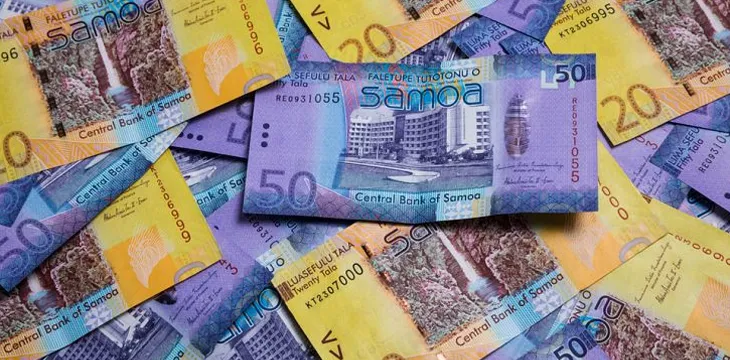|
Getting your Trinity Audio player ready...
|
The Central Bank of Samoa will treat cryptocurrency companies like financial institutions, meaning they will have to be abide by a number of existing regulations that apply to the likes of banks and insurers based on the island.
According to a statement released by the central bank, cryptocurrency companies will be expected to adhere to anti-money laundering regulations, and will be obliged to obtain the same licenses as other financial institutions to operate in the jurisdiction.
The central bank stated, “…any person who wishes to promote Cryptocurrency or Digital currency is considered under the Money Laundering prevention Amendment Act 2018 as a Financial Institution…This means it must have a valid business licence issued in Samoa and is required to follow the Central Bank’s reporting requirements for Financial Institutions.”
The bank also took the opportunity to confirm that cryptocurrencies would not be regarded as legal tender for payment, and thus cannot be accepted as payments in Samoa. It warned investors to beware of cryptocurrency, saying “there is no guarantee that cryptocurrencies will be accepted as a medium of exchange, or will hold their value.”
The position confirmed the central bank’s dim view of cryptocurrencies, and the businesses and investors engaging in the sector in Samoa. However, they did acknowledge that blockchain technology was significant, and something they were exploring as “a platform for promoting financial inclusion in Samoa.”
The Central Bank of Samoa is known to be opposed to cryptocurrencies, after it decided to ban foreign exchange transactions involving the controversial Onecoin cryptocurrency several months ago. At the time, the bank said Onecoin in particular was a pyramid scheme, but said cryptocurrencies more broadly posed a threat to the country’s foreign exchange reserves.
The bank’s approach is becoming typical of central banks in the Asia-Pacific region, with the Bank of Laos confirming recently that cryptocurrencies could not be considered as currencies there either.
For crypto companies currently operating in Samoa, the decree will likely result in a scramble to ensure compliance, along with a much stiffer barrier to entry for new crypto businesses hoping to set up in the country.

 07-08-2025
07-08-2025 





